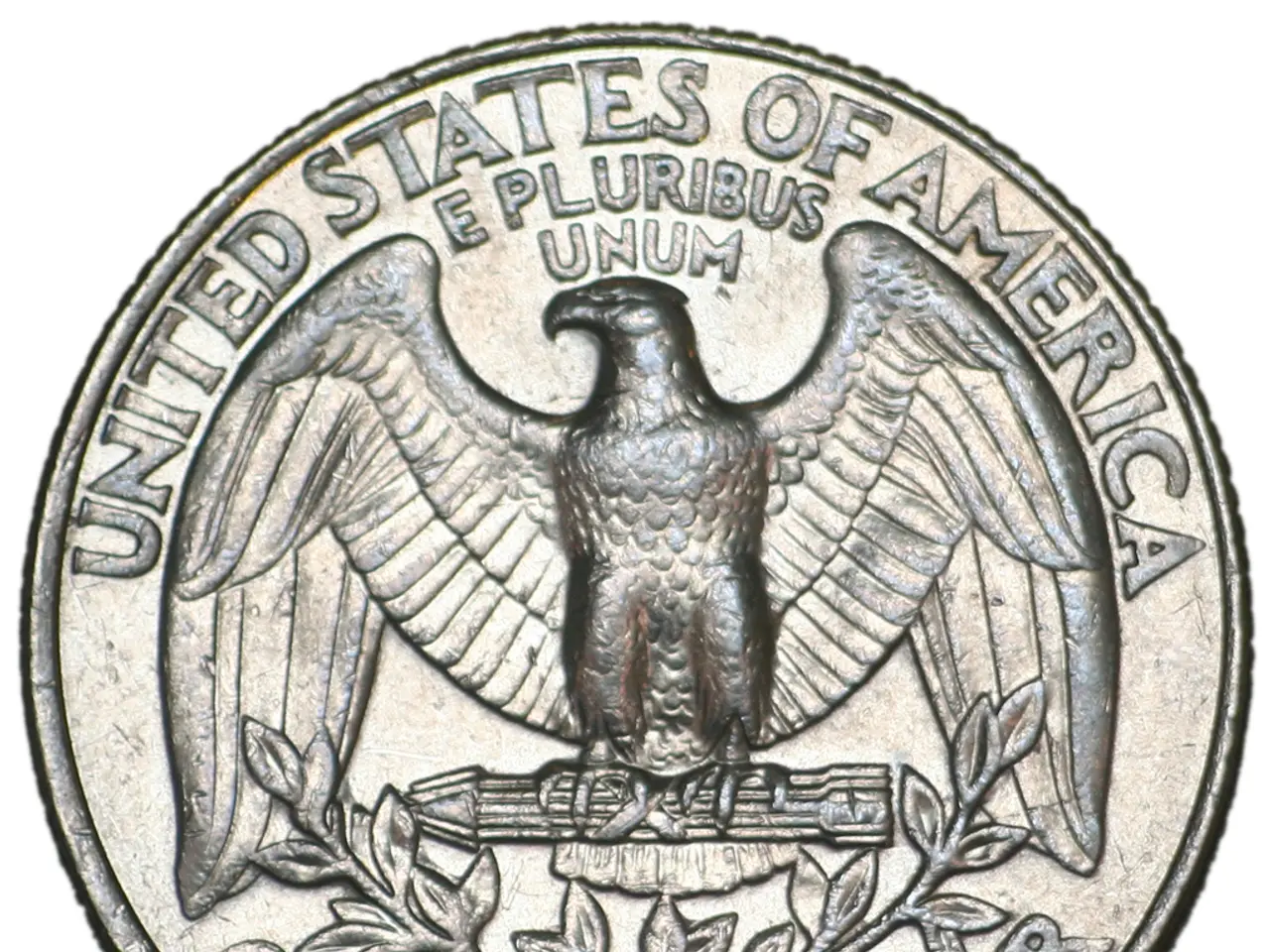Despite the Country-of-Origin Requirement in the SHOP SAFE Act, it remains ineffective in preventing counterfeit products.
In the ongoing battle against counterfeit goods, the focus has shifted to the online marketplace. Major platforms such as Amazon and Walmart already provide country-of-origin information for many products. However, the question remains whether legislation like the SHOP SAFE Act, currently being considered by Congress, is the right approach.
The SHOP SAFE Act, or H.R. 3429, aims to deter counterfeits by requiring online marketplaces to display the country of origin of products sold online. This move is intended to provide consumers with more information about the products they purchase, thereby deterring the sale of counterfeit goods.
However, not everyone is in favour of this requirement. Critics argue that it could impose increased costs on sellers and marketplaces, due to the administrative and operational efforts required to collect, verify, and display accurate country-of-origin information for a wide range of products.
Moreover, determining the precise country of origin can be complex for items involving multiple components or assembly in different countries. This complexity could lead to inaccurate or misleading labeling.
Some also fear that the requirement could disrupt existing supply chains or place additional burdens on cross-border trade, potentially affecting product availability or prices.
Others argue that excessive labeling requirements may overwhelm or confuse consumers rather than inform them meaningfully. Furthermore, there are concerns that mandatory country-of-origin labels might provoke trade tensions or retaliation if perceived as protectionist or discriminatory.
Online marketplaces, with their insights into consumer shopping behavior, have the potential to make country-of-origin information available to consumers in a way that is meaningful and useful. Over time, they may be able to work with brands to provide consumers complete and comprehensive data about product listings directly from the authoritative source.
In conclusion, while the SHOP SAFE Act aims to address a serious problem, it is important to consider the potential costs and complexities associated with its implementation. Online marketplaces, with their unique insights and capabilities, may be able to find solutions that balance the need for transparency with the practicalities of implementing such a requirement.
[1] For more specific or updated arguments against H.R. 3429, consulting detailed legislative analyses, official congressional debate transcripts, or stakeholder comments would be recommended. The linked Congressional Record might be a place to search deeper for explicit arguments.
Image credit: Flickr user Thomas Hawk (not related to the article content)
- The debate against the SHOP SAFE Act suggests that mandating online marketplaces to display the country of origin could impose increased costs and operational challenges, due to complexities in determining the precise origin of products and potential disruptions to supply chains.
- Critics of the SHOP SAFE Act also argue that the requirement for country-of-origin labels might be overwhelming or confusing to consumers, potentially neutralizing the intended effect of informing them about product origins.
- Proponents of AI and data-driven innovation in online marketplaces suggest that they could potentially address the challenges of implementing the SHOP SAFE Act by providing meaningful and comprehensive data about product listings directly from the authoritative sources, thereby balancing transparency with practicality.




